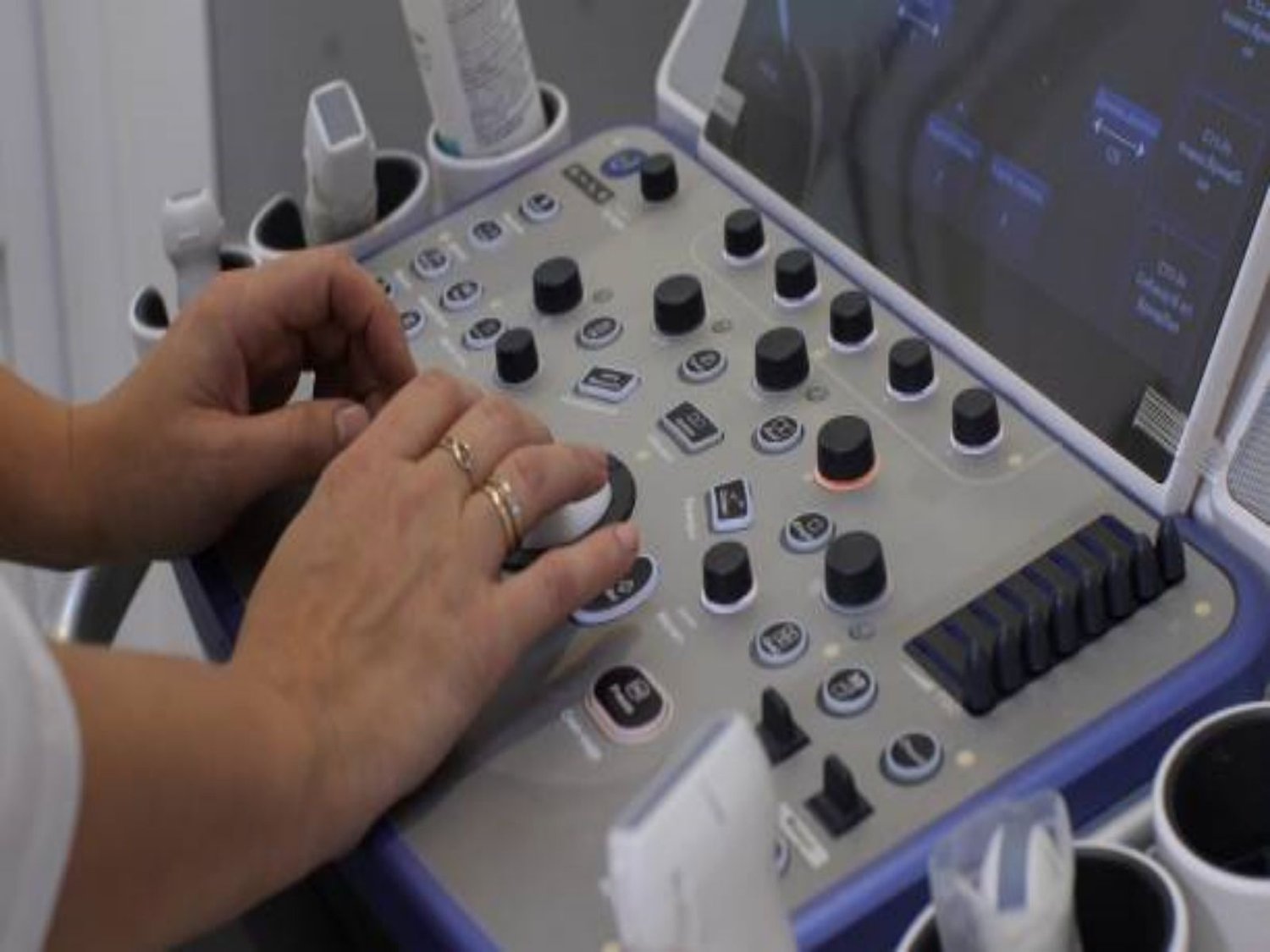Medical Equipment BMS: Protecting Against Power Interruptions and Voltage Fluctuations
Power interruptions and voltage fluctuations can pose significant risks to the proper functioning of medical equipment. In critical healthcare settings, such as hospitals and clinics, it is essential to have reliable systems in place to protect against these potential disruptions. One such system is the Medical Equipment BMS (Battery Management System), which plays a crucial role in safeguarding medical equipment from power interruptions and voltage fluctuations.
Understanding Power Interruptions
Power interruptions, also known as blackouts or power outages, refer to the complete loss of electrical power supply. These can occur due to various reasons, including severe weather conditions, equipment failures, or grid failures. In healthcare settings, power interruptions can be detrimental as they can lead to the shutdown of medical equipment, compromising patient care and safety.
Exploring Voltage Fluctuations of BMS
Voltage fluctuations, on the other hand, refer to sudden changes in the voltage levels of the electrical supply. These fluctuations can be categorized into two types: overvoltage and undervoltage. Overvoltage occurs when the voltage exceeds the standard level, while undervoltage occurs when the voltage drops below the standard level. Both overvoltage and undervoltage can have damaging effects on medical equipment, leading to malfunctions or even permanent damage.
The Role of Medical Equipment BMS
The Medical Equipment BMS is specifically designed to protect medical equipment from power interruptions and voltage fluctuations. It functions as a comprehensive power management system that ensures uninterrupted power supply and stable voltage levels to medical devices. The BMS accomplishes this through various mechanisms, including battery backup, voltage regulation, and surge protection.
Battery Backup for Uninterrupted Power Supply
One of the key features of the Medical Equipment BMS is its battery backup system. In the event of a power interruption, the BMS seamlessly switches to battery power, ensuring uninterrupted operation of critical medical equipment. This battery backup system is designed to provide sufficient power to keep the equipment running until the main power supply is restored or alternative arrangements are made.
Voltage Regulation for Stable Power Supply of BMS
Another vital function of the Medical Equipment BMS is voltage regulation. It constantly monitors the incoming voltage levels and regulates them to ensure they remain within the acceptable range for medical equipment. By maintaining stable voltage levels, the BMS prevents the occurrence of overvoltage or undervoltage situations, thereby protecting the equipment from potential damage.
Surge Protection for Equipment Safety
Surge protection is an essential aspect of the Medical Equipment BMS. It safeguards medical devices from voltage spikes or surges that can occur during power restoration after an interruption. These voltage spikes, if left uncontrolled, can cause irreparable damage to sensitive medical equipment. The BMS employs surge protection mechanisms to suppress these voltage spikes and ensure the devices are not harmed during power fluctuations.
Enhanced Safety Measures of BMS
In addition to protecting against power interruptions and voltage fluctuations, the Medical Equipment BMS incorporates various safety measures to ensure the well-being of patients and healthcare professionals. These safety measures may include features like automatic emergency shutdown, alarms for abnormal power conditions, and remote monitoring capabilities. By enhancing safety, the BMS contributes to a secure healthcare environment.
Integration with Existing Infrastructure of BMS
The Medical Equipment BMS is designed to seamlessly integrate with the existing infrastructure of healthcare facilities. It can be easily incorporated into the electrical system without requiring significant modifications or disruptions. This integration ensures a smooth transition to the BMS and minimizes any potential downtime during installation or upgrades.
Benefits of Deploying Medical Equipment BMS
Deploying a Medical Equipment BMS offers numerous benefits for healthcare facilities. Some of the key advantages include:
- Ensured continuity of patient care during power interruptions
- Protection against equipment damage and costly repairs
- Enhanced safety for patients and healthcare professionals
- Minimized downtime and improved operational efficiency
- Compliance with regulatory standards and requirements
The Future of Medical Equipment BMS
As technology continues to advance, the future of Medical Equipment BMS looks promising. Innovations in battery technology, voltage regulation, and surge protection systems are expected to further enhance the capabilities of BMS. This will result in even more reliable and efficient protection against power interruptions and voltage fluctuations, ensuring the uninterrupted operation of critical medical equipment.

